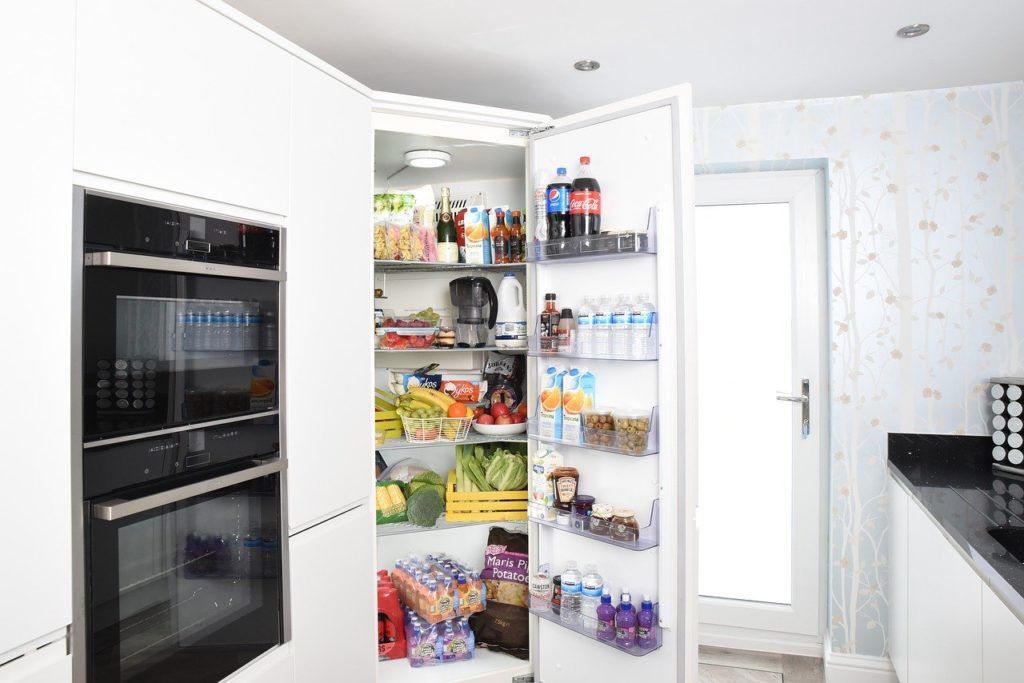Shopper spend is up 27 per cent as households make bigger shopping trips

As public health measures to deal with COVID-19 continue, safefood is reminding people of the steps they can take to protect themselves when food shopping and storing food at home. Retail data published last week by Kantar revealed that the Irish grocery market experienced its busiest ever period over the 12 weeks to March 22, 2020, with a rise of year on year sales of 10.1 per cent. With shopper spend up 27 per cent due to the average household spending an estimated additional €122 on groceries during the four weeks to 22 March, last month was the biggest month of grocery sales ever recorded. Sales of items with a longer shelf life also increased by 32 per cent, while fresh food sales grew by 16 per cent. In addition, more Irish households than before have placed an online shopping order, with one in 10 placing an order in the four weeks to 22 March. In response, safefood is encouraging shoppers to visit safefood.eu for practical advice and tips on food shopping and storage to ensure the health and safety is top of mind.
Dr Linda Gordon, Chief Specialist in Microbiology with safefood said: “Currently, there is no evidence that COVID-19 can be transmitted by food or food packaging. However, it is always important to follow good hygiene practices when handling or preparing foods. You should always wash your hands and surfaces often, separate raw meat from other foods, cook to the right temperature and put food in the fridge as soon as you can.”
“A question we’re being asked a lot is whether people should wash or disinfect food packaging when they bring it home from shopping,” continued Dr Gordon. “The simple answer is no – it’s not necessary to sanitise the outside of food packaging, as there is no current evidence that the virus can be transmitted in this way. The main risk of transmission is from close contact with infected people. Our advice is to maintain good hygiene habits and to wash your hands regularly and to follow current public health guidelines re social distancing.”
With many people cooking a lot more than they usually do, Dr Gordon also had advice on how to deal with leftovers. “Typically, if there is food left over after a meal, get it into the fridge within two hours – you can help cool it more quickly by dividing it into smaller portions. However, remember that cooked rice is high-risk and must be cooled and put in the fridge within one hour. Any leftovers properly stored should be eaten with three days but if you’re in any doubt, throw it out into your brown bin.”
The recent increases in online food shopping also highlight the importance of storing and handling food at home properly. “As we would normally do, put away shopping as soon as you get it, especially perishable foods which must be stored in the fridge or freezer”, continued Dr Gordon. “And always wash your hands after handling any food packaging and before you begin to prepare food. If you’re going food shopping for yourself or others, wash your hands before you go and, as soon as you come home and again after you unpack your shopping.”
For more information and practical advice about food, food shopping and COVID-19 on the safefood website at https://www.safefood.eu/Food-Safety/Groceries-and-COVID-19.aspx


